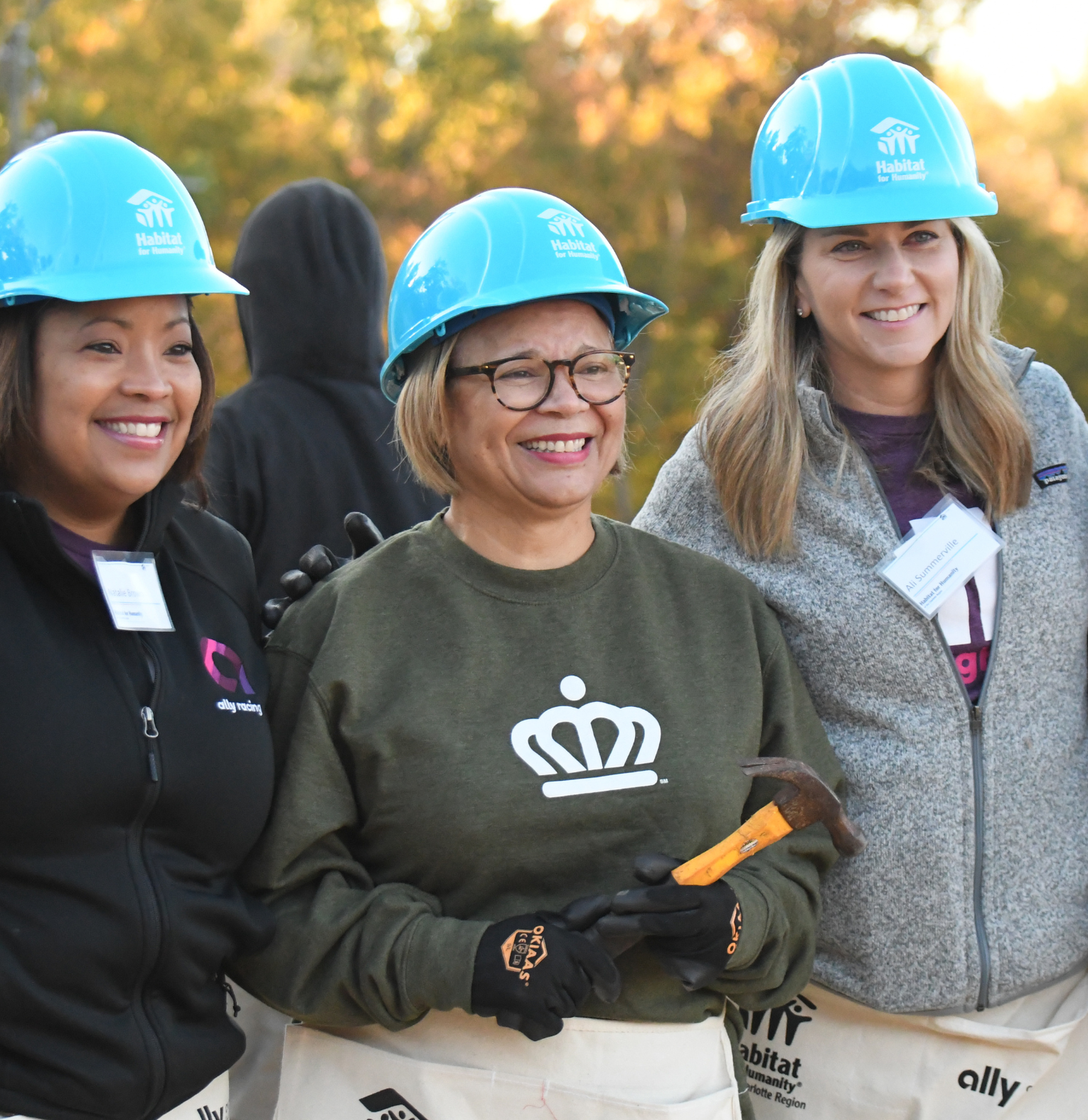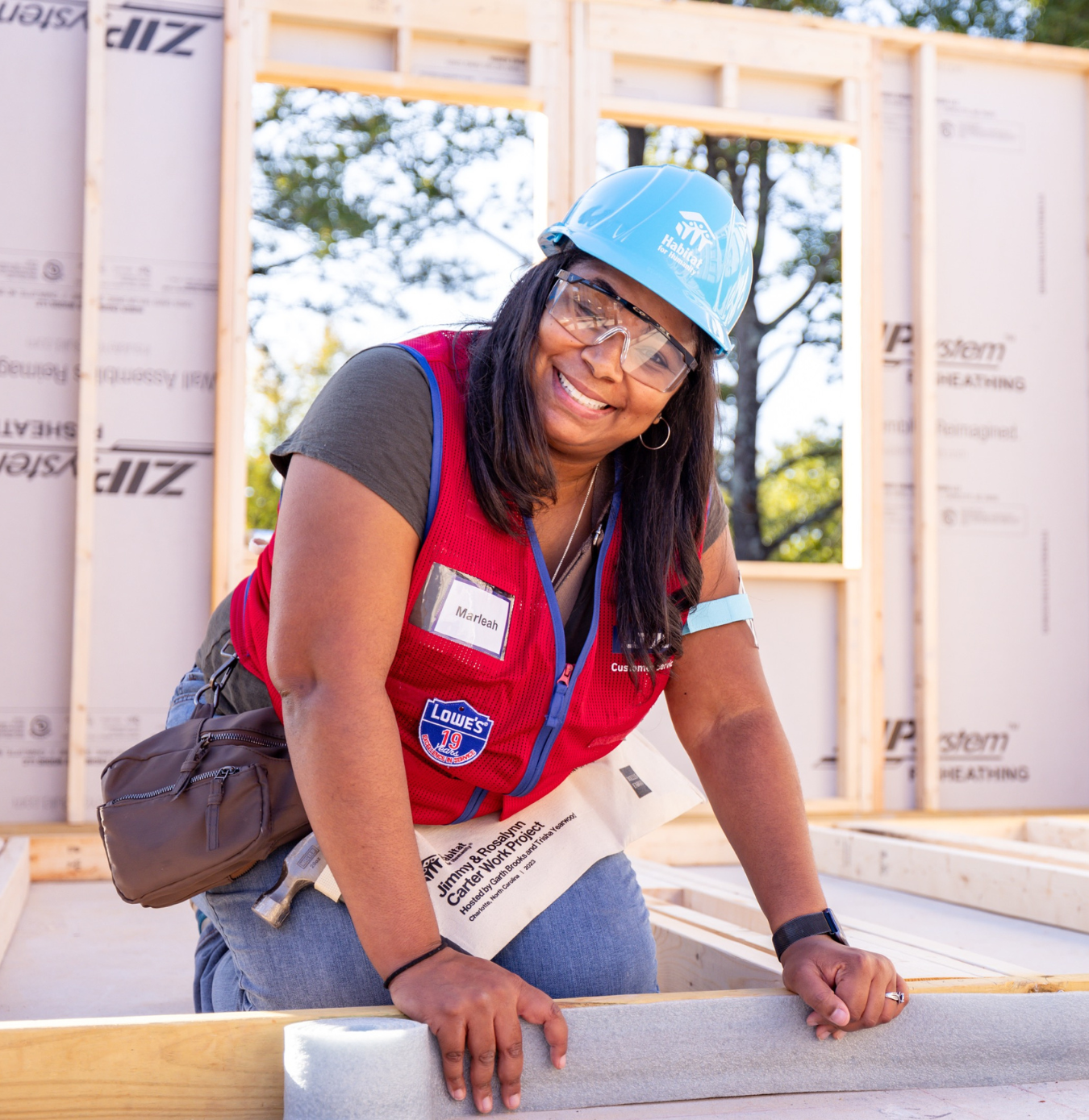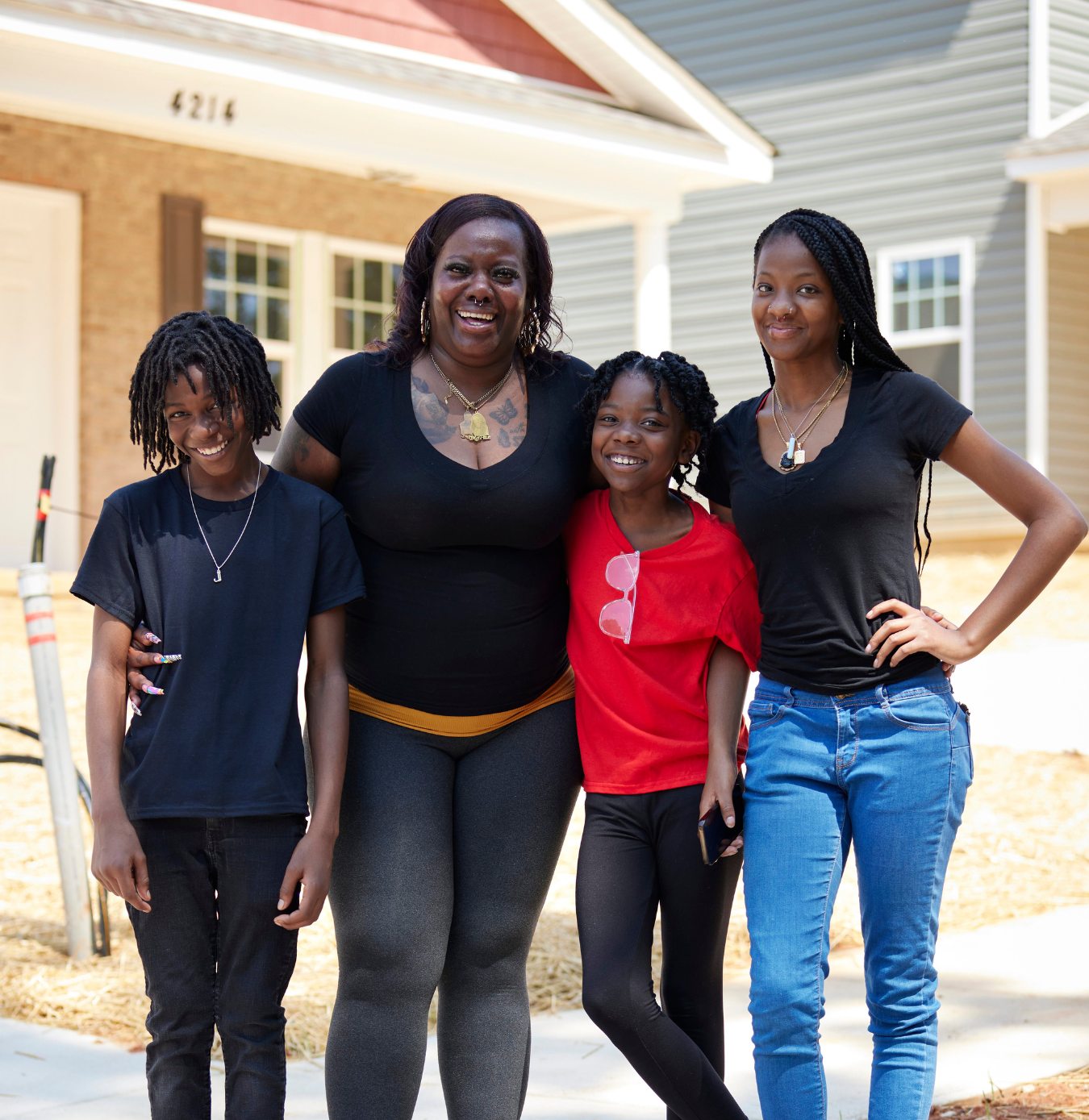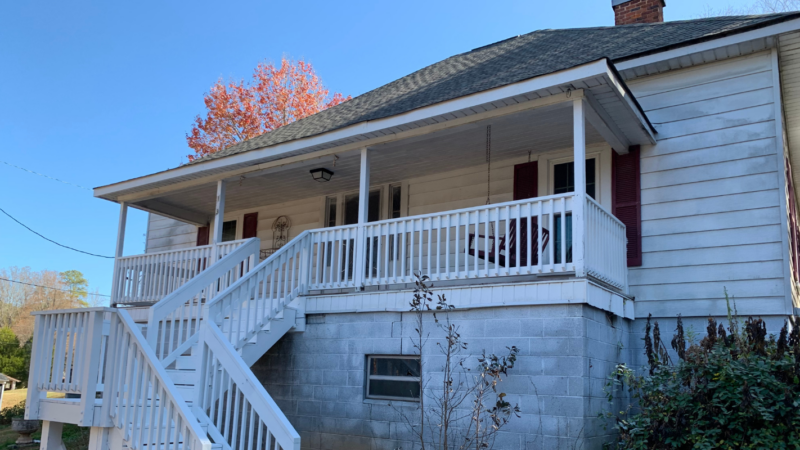May 1, 2024 | Kailey Truczinskas
Understanding the Role of Local Partnerships
Local partnerships in affordable housing involve collaboration between various stakeholders, including government entities, private sector players, nonprofit organizations, and community groups. The synergy among these players is key to addressing the complex challenges of affordable housing.
The Impact of Public-Private Partnerships
Public-private partnerships to build affordable housing play a pivotal role in this domain. These partnerships leverage the strengths and resources of both the public and private sectors. Government entities often provide land, funding, and policy support, while private partners contribute investment, innovation, and management expertise.
Habitat Charlotte Region is proud to collaborate with various local partners to create affordable housing solutions.
Local partnerships are vital for several reasons:
- Understanding Local Needs: Local entities have a better grasp of the specific housing needs and challenges within their communities.
- Resource Optimization: Collaboration ensures optimal use of available resources, avoiding duplication and maximizing impact.
- Policy Alignment: Local partnerships help align housing projects with regional policies and regulations.







